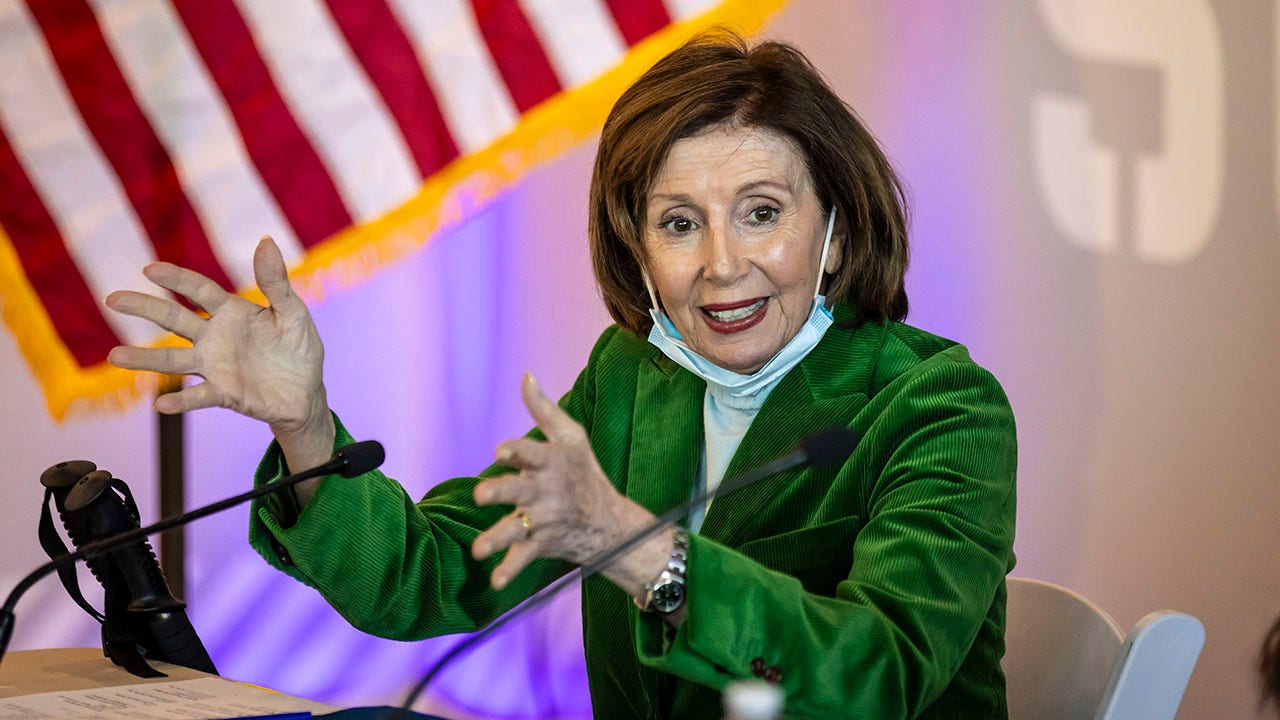Holland’s outgoing Deputy Prime Minister Sigrid Kaag will facilitate, coordinate, monitor and verify aid consignments to the embittered enclave, in line with a recent Security Council resolution.
She will also establish a mechanism to accelerate humanitarian relief shipments through States that are not party to the conflict.
She is expected to take up the assignment on 8 January.
Wide-ranging experience
Ms. Kaag has a wealth of experience in political, humanitarian and development affairs, as well as in diplomacy.
Most recently, she served as the first Deputy Prime Minister and first woman Finance Minister in the Dutch government since January 2022. Prior to this, she was Minister for Trade and Development Cooperation from October 2017 to May 2021, and Minister for Foreign Affairs until that September.
Her other achievements include being elected leader of the social liberal party D66 in September 2020, which she led to victory in elections held the following March.
Ms. Kaag has held a wide range of senior positions in the UN system. She served as Special Coordinator for Lebanon from 2015 to 2017, and before this was the Special Coordinator of the Joint Mission of the Organization for Prohibition of Chemical Weapons (OPCW) and the UN in Syria.
Her other posts have included Assistant Secretary‑General with the UN Development Programme from 2010 to 2013, and Regional Director for the Middle East and North Africa with the UN Children’s Fund (UNICEF) from 2007 to 2010.
Prior to that, Ms. Kaag served in several senior positions with UNICEF, the International Organization for Migration (IOM), and the UN agency that assists Palestine refugees, UNRWA.
On Friday, the UN Security Council adopted resolution 2070 which, among other points, demands immediate, safe and unhindered delivery of humanitarian assistance at scale directly to Palestinian civilians throughout the Gaza Strip.
The resolution requested the Secretary-General to appoint a Senior Humanitarian and Reconstruction Coordinator and called for the “expeditious” establishment of the UN mechanism to ramp up aid distribution.
Fighting hampers cholera response in Sudan
The conflict in Sudan continues to block efforts to respond to a deadly cholera outbreak that continues to spread across the country, the UN humanitarian affairs office, OCHA, said on Tuesday.
The number of suspected cases has increased by more than 100 per cent over the past month, with nearly 8,300 suspected cases and more than 200 deaths reported in nine states as of 23 December, according to the World Health Organization (WHO) and Sudan’s Ministry of Health.
This includes more than 1,800 suspected cholera cases in Al Jazirah state, where intense clashes this month between the Sudanese army and a rival military group known as the Rapid Support Forces have displaced at least 300,000 people.
OCHA said humanitarians have been working to support the detection and treatment of cholera cases, as well as vaccination campaigns, but the ongoing fighting continues to hamper response efforts and disrupt access to basic public health services.
Roughly two-thirds of Sudan’s population lacks access to healthcare, with more than 70 per cent of hospitals in conflict-impacted areas no longer functional.
Denise Brown (centre), UN Resident Coordinator in Ukraine, visits Hroza, where a Russian strike killed 59 civilians as they gathered at a cafe on 5 October 2023.
Ukraine: Winter support for civilians in Kharkiv Region
Meanwhile, the UN and humanitarian partners continue to support civilians in Ukraine who have been severely impacted by the Russian invasion, as the onset of winter heightens their suffering.
The UN Humanitarian Coordinator in Ukraine, Denise Brown, led an aid convoy to the Kharkiv Region, located in the east, on Monday – Christmas Day.
The trucks brought food, blankets, winter clothes, hygiene kits, and home repair supplies to nearly 1,500 civilians in Kivsharivka, a front-line town that has been devastated by the war.
Whilst there, Ms. Brown reported hearing the constant sound of explosions and artillery fire.
Residents and local authorities reported that ongoing shelling has disrupted their access to critical services and supplies, deepening their reliance on humanitarian assistance. Many of those remaining in Kivsharivka are older people, people with disabilities, and other vulnerable groups.
On Christmas Eve, Ms. Brown and a group of aid workers visited the rural village of Hroza, where an attack on 5 October killed 59 people, roughly 20 per cent of the population.
Ms. Brown spoke with some of the survivors she first met while visiting Hroza the day after the attack. In the immediate aftermath, the UN and humanitarian partners delivered household items, hygiene supplies, and home repair materials, as well as cash assistance and psychological support to civilians.
This year, the humanitarian community has provided life-saving assistance to more than 970,000 people in the Kharkiv Region and to more than 10.5 million overall across Ukraine.





